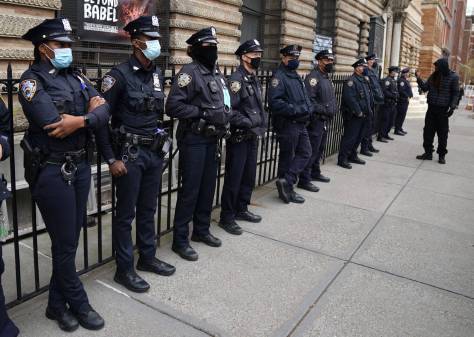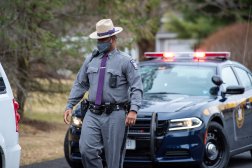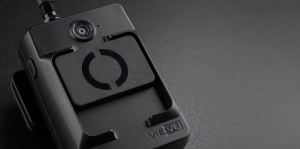Police body camera pilot ends in Boston, future adoption uncertain

After a year-long pilot program it is unclear if Boston police officers will start wearing body cameras again.
The pilot ended Tuesday with 100 officers returning their cameras to the manufacturer and more than 4,400 hours of footage logged detailing some 33,000 incidents. Whether body cameras return will be dependent on a review by researchers at Northeastern University who expect to have a preliminary evaluation by November and full assessment by 2018, according to a report from WBUR News.
Yet even with a potentially positive review from researchers, other obstacles may impede the launch of an official police body camera program.
Boston’s police union, the Boston Police Patrolman’s Association (BPPA), showed resistance to body cameras when it requested an injunction of the pilot in 2016. Citing a technicality, the union said it supported the technology but contended the city’s pilot violated an agreement that would allow officers a choice to volunteer to wear the cameras or not.
The injunction request failed in court, with a judge supporting Mayor Marty Walsh and the city’s decision to follow through with the pilot.
After completion of the university’s review, labor negotiations between the city and the union may be the decide the fate of an official police body camera program.
Other cities have faced similar conflict amid adoption of the technology. In Seattle, Former Mayor Ed Murray wrestled with the city’s police union, the Seattle Police Officers Guild (SPOG), in similar negotiations and issued an executive order for all officers to begin wearing body cameras in July. Yet a labor complaint to Washington’s Public Employment Relations Commission issued a preliminary ruling that the city had violated labor negotiation laws.
Similar to Boston’s police union, SPOG said publicly it supported police body cameras yet looked for a legal technicality to oppose them. It did this despite two surveys showing overwhelming support of police body cameras by residents. This, and Boston’s obstacles, may indicate a hidden opposition by police against constant oversight.
The Boston Police Camera Team, an advocacy group lobbying the police body cameras, sent a letter to Police Commissioner William Evans to urge him to continue with a full deployment of the technology immediately.
“We now come to you urging the immediate adoption and implementation of a full body-worn camera program,” said the group’s Co-Organizer Segun Idowu in the letter, who also requested additional details on next steps for implementation.





